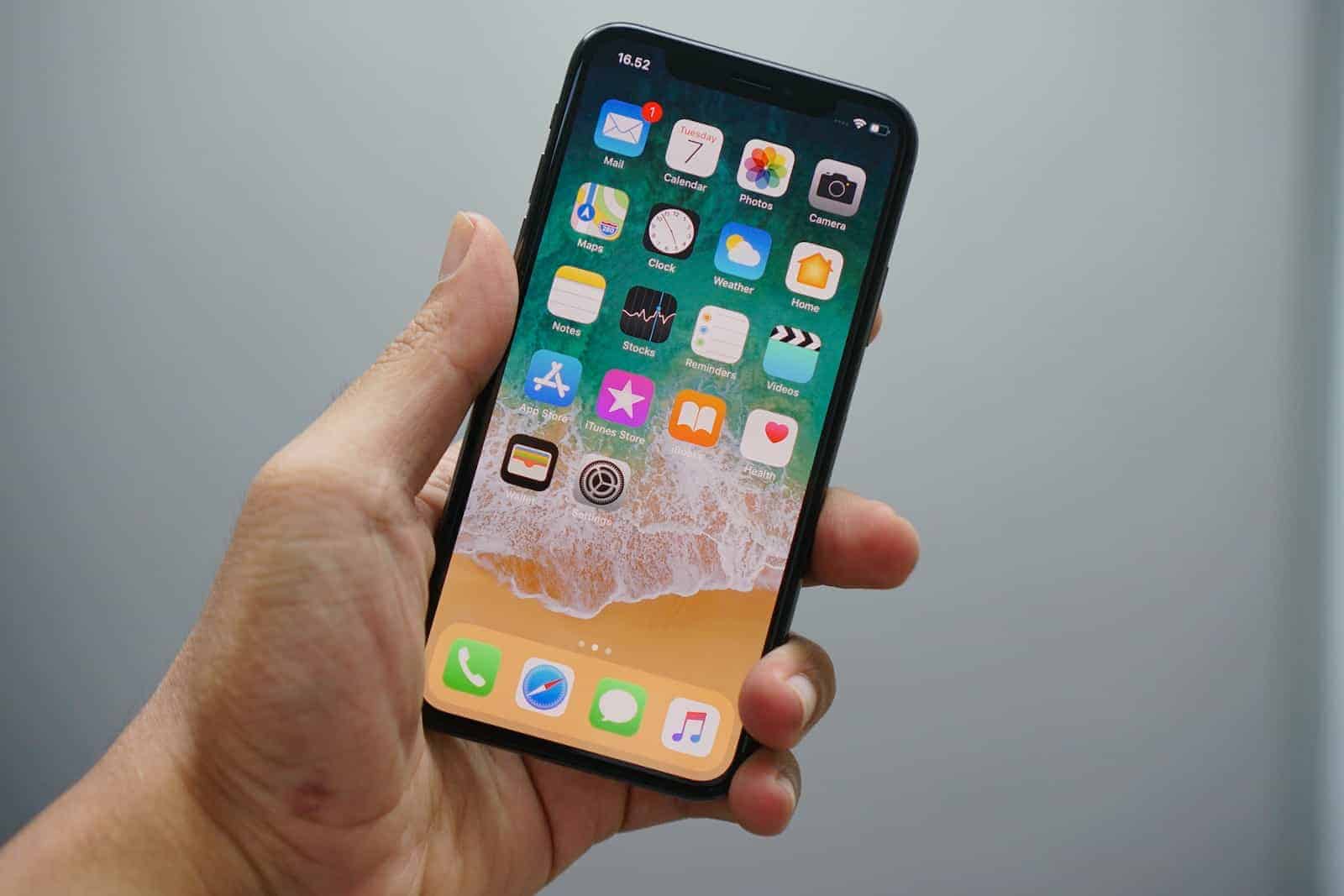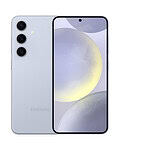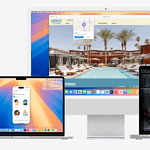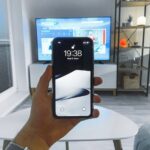The screen resolution on an iPhone has become a critical factor for users who value clarity and detail in their mobile experience. From the earliest models to the latest releases, the resolution of iPhone screens has significantly evolved. Today, the iPhone boasts high-definition displays such as the Super Retina XDR, found in the iPhone 12 and iPhone 13, with resolutions of 2532-by-1170 pixels at 460 ppi (pixels per inch). These advances reflect Apple’s commitment to enhancing visual displays, showing the progress in technology and user expectations.
Screen resolution affects not only the sharpness of the image but also the ability to display finer details which enhance the overall user experience. This clarity is now expected standard in many regions around the world, leading to the widespread adoption of higher-resolution screens. With each new iPhone model, consumers eagerly anticipate improvements in display technology, highlighting its significance in the global marketplace.
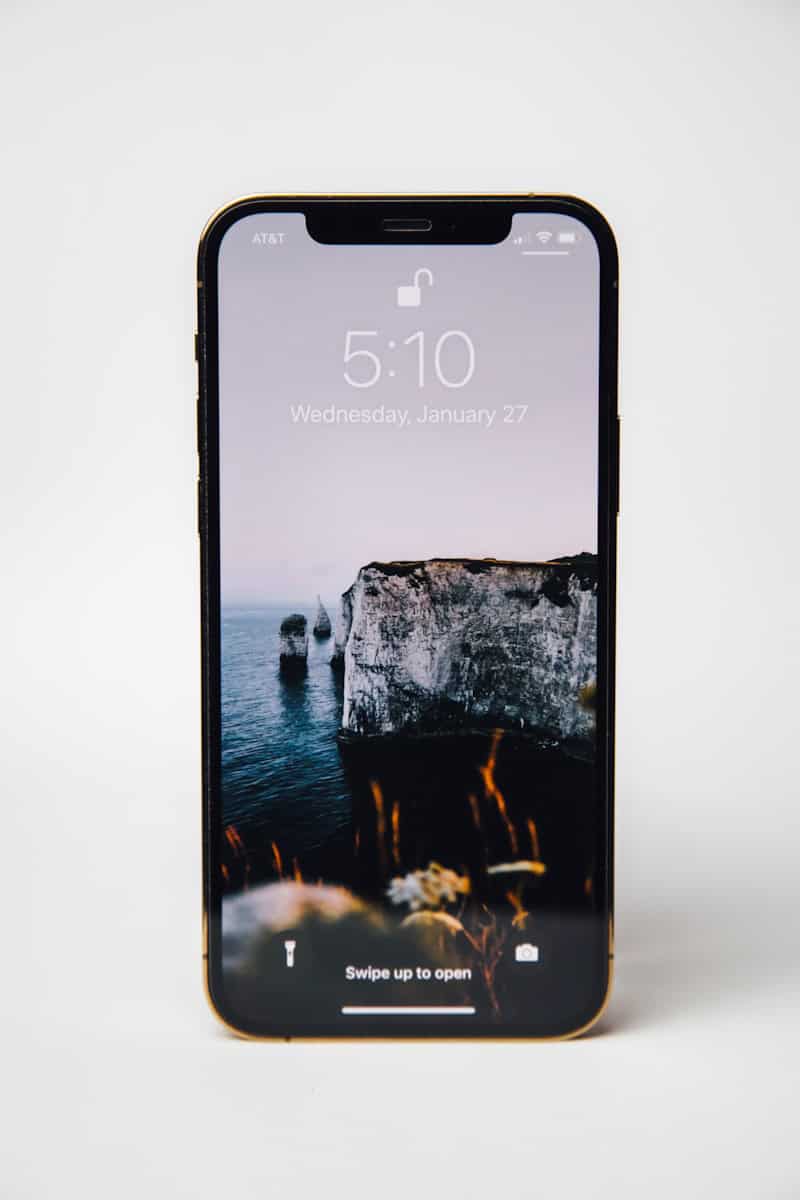
iPhone Screen Resolutions
When developing apps, designing websites, or just comparing displays, it’s important to know both the physical screen size and the pixel resolution of each iPhone. Apple uses “points” (logical resolution) and “pixels” (physical resolution), with different pixel densities (PPI).
🔑 Key Terms
- Screen Size = Diagonal display size in inches.
- Resolution (Pixels) = Actual pixel count (width × height).
- PPI (Pixels per Inch) = Pixel density (sharpness).
- Viewport / Logical Resolution = Scaled resolution used by iOS for UI design.
📊 iPhone Screen Sizes & Resolutions (All Models)
iPhone (Original – iPhone 4s)
| Model | Screen Size | Resolution | PPI |
|---|---|---|---|
| iPhone (2007) | 3.5″ | 320 × 480 | 163 |
| iPhone 3G / 3GS | 3.5″ | 320 × 480 | 163 |
| iPhone 4 / 4s | 3.5″ | 640 × 960 | 326 |
iPhone 5 Series
| Model | Screen Size | Resolution | PPI |
|---|---|---|---|
| iPhone 5 / 5c / 5s | 4.0″ | 640 × 1136 | 326 |
| iPhone SE (1st Gen, 2016) | 4.0″ | 640 × 1136 | 326 |
iPhone 6, 7, 8 Series
| Model | Screen Size | Resolution | PPI |
|---|---|---|---|
| iPhone 6 / 6s / 7 / 8 | 4.7″ | 750 × 1334 | 326 |
| iPhone 6 Plus / 6s Plus / 7 Plus / 8 Plus | 5.5″ | 1080 × 1920 (downsampled from 1242 × 2208) | 401 |
iPhone X, XS, XR, 11 Series
| Model | Screen Size | Resolution | PPI |
|---|---|---|---|
| iPhone X / XS | 5.8″ | 1125 × 2436 | 458 |
| iPhone XS Max / 11 Pro Max | 6.5″ | 1242 × 2688 | 458 |
| iPhone XR / 11 | 6.1″ | 828 × 1792 | 326 |
| iPhone 11 Pro | 5.8″ | 1125 × 2436 | 458 |
iPhone 12, 13, 14 Series
| Model | Screen Size | Resolution | PPI |
|---|---|---|---|
| iPhone 12 Mini / 13 Mini | 5.4″ | 1080 × 2340 | 476 |
| iPhone 12 / 13 / 14 | 6.1″ | 1170 × 2532 | 460 |
| iPhone 12 Pro / 13 Pro / 14 Pro | 6.1″ | 1179 × 2556 | 460 |
| iPhone 12 Pro Max / 13 Pro Max | 6.7″ | 1284 × 2778 | 458 |
| iPhone 14 Plus | 6.7″ | 1284 × 2778 | 458 |
| iPhone 14 Pro Max | 6.7″ | 1290 × 2796 | 460 |
iPhone 15 Series (2023)
| Model | Screen Size | Resolution | PPI |
|---|---|---|---|
| iPhone 15 / 15 Pro | 6.1″ | 1179 × 2556 | 460 |
| iPhone 15 Plus / 15 Pro Max | 6.7″ | 1290 × 2796 | 460 |
📱 iPhone 16 Series (2024–2025)
| Model | Screen Size | Resolution | PPI |
|---|---|---|---|
| iPhone 16 | 6.1″ | 1179 × 2556 | 460 |
| iPhone 16 Plus | 6.7″ | 1290 × 2796 | 460 |
| iPhone 16 Pro | 6.3″ | 1320 × 2868 | 460 |
| iPhone 16 Pro Max | 6.9″ | 1386 × 3000 | 460 |
| iPhone 16e (new budget model) | 6.1″ | 1170 × 2532 | 460 |
🧾 Quick Takeaways
- Smallest modern iPhone: iPhone 12/13 Mini (5.4″).
- Largest iPhone ever: iPhone 16 Pro Max (6.9″).
- Highest PPI: iPhone 12/13 Mini (476).
- Most common resolution in 2025: ~1179 × 2556 (6.1″ models).
Key Takeaways
- iPhone screens have evolved to high-definition displays like the Super Retina XDR.
- Screen resolution impacts image sharpness and the user’s visual experience.
- Apple’s advances in screen technology reflect global consumer expectations.
Evolution of iPhone Screen Resolution
Screen resolution defines the clarity and detail of the display on an iPhone. Since the launch of the first iPhone, Apple has consistently increased screen resolution and PPI (pixels per inch) to improve visual, delivering a more vibrant and detailed viewing experience.
Early iPhone Models
The original iPhone released in 2007 sported a resolution of 320 x 480 pixels. This screen presented 163 PPI. Apple maintained this resolution up until the iPhone 3GS.
Transition to Retina Display
In 2010, the iPhone 4 introduced what Apple branded as the “Retina Display.” It boasted a resolution of 960 x 640 pixels. This doubled the PPI to 326, making individual pixels undetectable at a typical viewing distance. The iPhone 8 furthered the Retina evolution with a 1334 x 750 pixel resolution. The iPhone 8 Plus featured a Full HD resolution, scaled down from its original 2208 x 1242 down to 1920 x 1080 pixels.
Advancements to Super Retina HD
Apple took the display further with the iPhone X introducing the Super Retina HD display. This featured a resolution of 2436 x 1125 and a PPI of 458. The iPhone 11 maintained a Liquid Retina HD display with a resolution of 1792 x 828 pixels. For users desiring sharper displays, the iPhone 11 Pro and iPhone 11 Pro Max offered resolutions of 2436 x 1125 and 2688 x 1242 pixels, respectively. They paired these high resolutions with higher PPI values for an even more refined viewing experience.
Screen Resolution Across Regions
Different markets around the world have specific screen resolutions that are prevalent. This is due to various factors including regional preferences, local content offerings, and device compatibility requirements.
North American Market
In the US and Canada, iPhones often have high screen resolutions. They support a wide variety of regional content. For example, the iPhone 13 mini’s resolution sits at 1080 x 2340 pixels which suits the high-definition content readily available in this region.
Asian Market
Asian countries such as India, Singapore, and Japan prefer iPhones with a mix of screen resolutions depending on the model. For instance, in India, the iPhone 6s Plus with a resolution of 1080 x 1920 pixels remains common, providing clarity for a variety of media and text.
European Market
European nations like France, Germany, and the UK see a similar trend in screen resolutions as their North American counterparts. The iPhone 14 Pro Max with a 2796 x 1290 resolution is one of the top choices, offering sharp displays for everything from video content to mobile applications.

